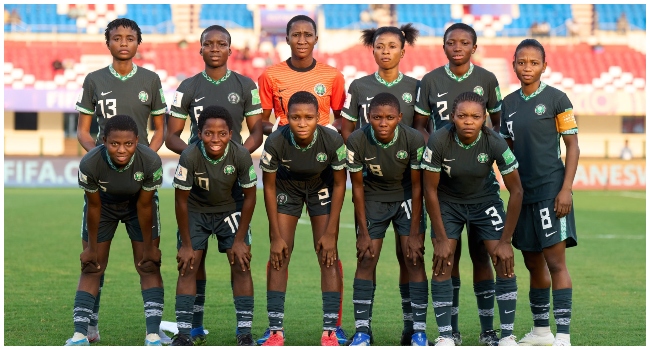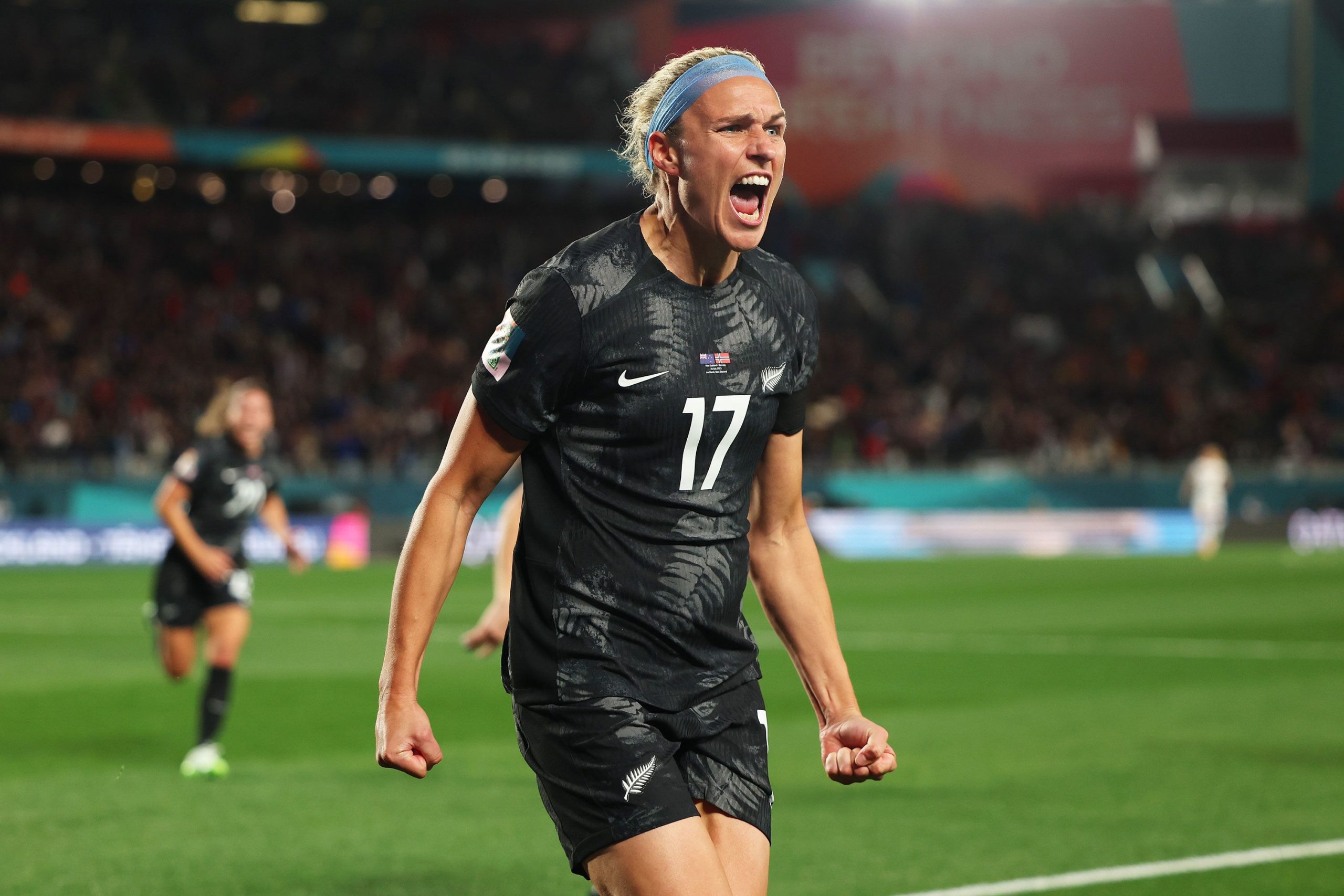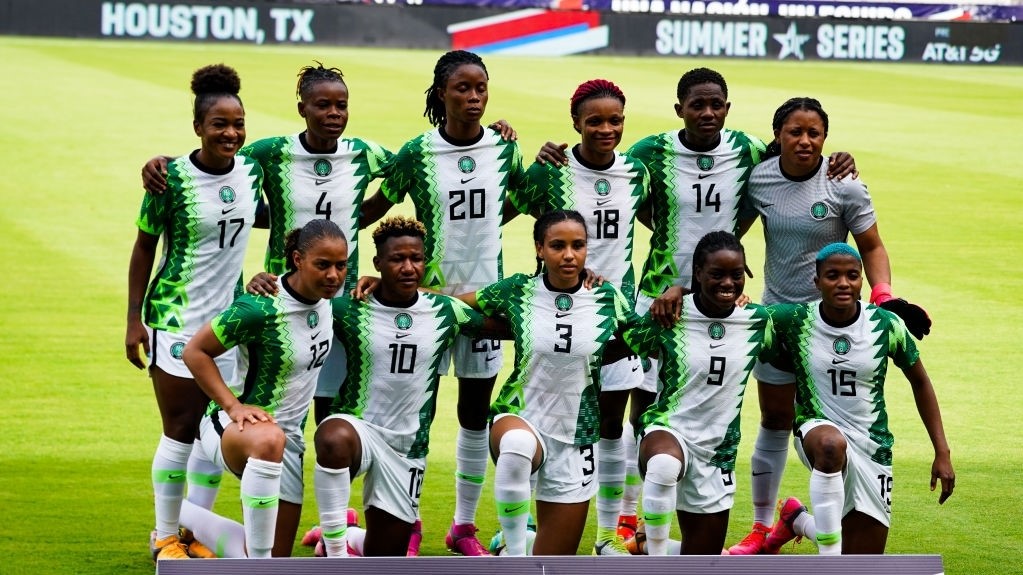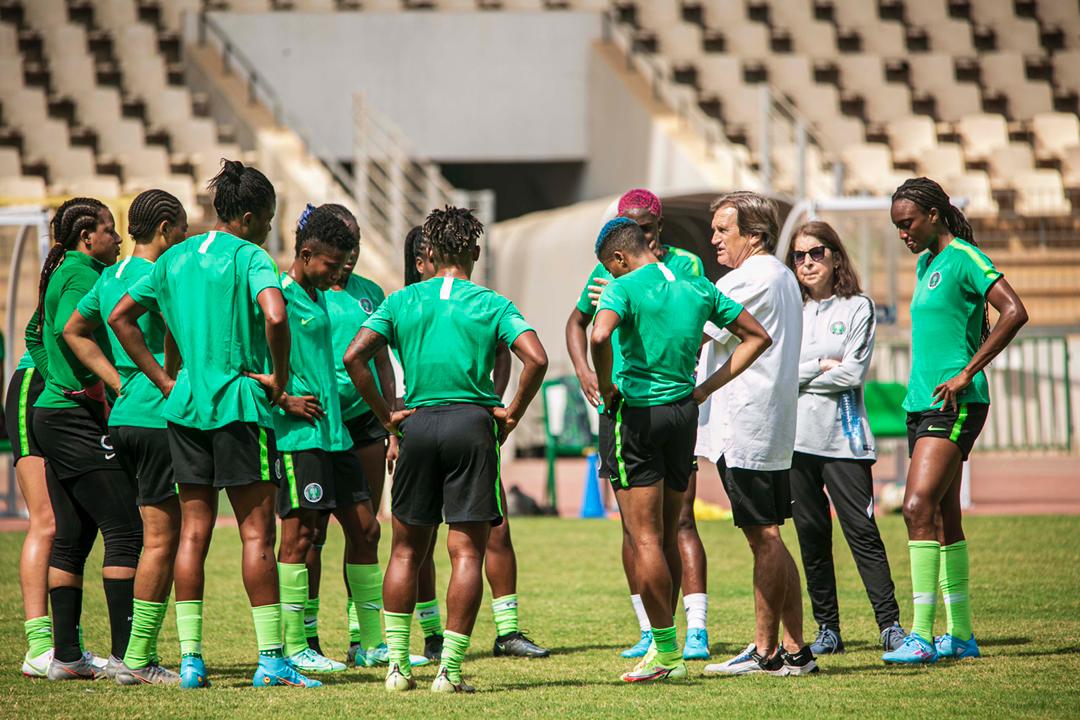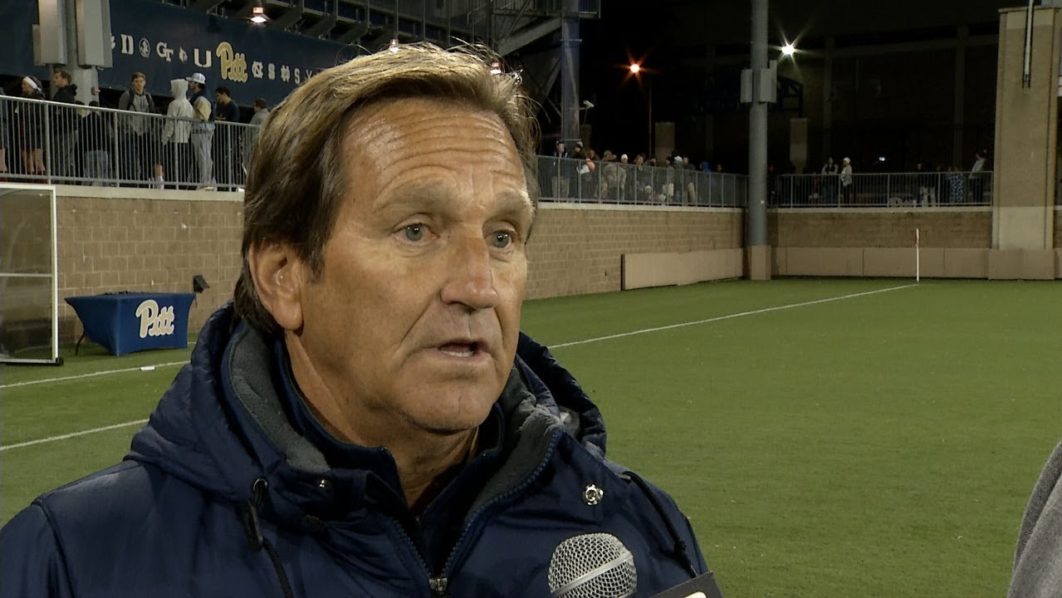A leader like Jacinda Ardern of New Zealand doesn’t come in tens. Not even in twos. And so, it was such a bright day on October 26, 2017, when she took office as New Zealand’s Prime Minister.
She was 37-years-old and also the youngest head of government at the time. What’s there not to love?
But now, more than five years later, she has announced the withdrawal of that special light as she resigns the position, stating that she “no longer had enough in the tank” to carry on in office.
“I’m leaving, because with such a privileged role comes responsibility – the responsibility to know when you are the right person to lead and also when you are not. I know what this job takes. And I know that I no longer have enough in the tank to do it justice. It’s that simple,” she said.
Leaving office citing burnout is not what politicians do often, but leaving office at 42 when you are almost certain to win at the next general election definitely leaves many of us from the continent with a certain level of bewilderment.
When Ms. Ardern said politicians are human and should therefore know when it’s time to quit, one was glad, for her sake, that her audience was far from Africa. A number of our leaders would have laughed her off.
Home to the oldest and longest-serving presidents and heads of government, African leaders and even the followers will probably never be able to understand what Ms. Ardern meant by burnout.
Burnout means, for example, that 89-year-old Cameroonian President, Paul Biya, should have been long gone and spared himself and his country that pathetic performance at last December’s US-Africa summit where after being towed on stage, and wired to speak, he was still asking himself where he was.
“I didn’t ask to be here,” Biya told a bemused gathering, and then added drowsily as the boom mic was being fastened, “I’ve become a celebrity!”
Julius Nyerere of Tanzania, reported as one of the first African leaders to ever resign voluntarily from office, stepped down only after 21 years, and he was about 63 years old. With that, Ms. Ardern would have done four terms and more.
Another, of course, was Nelson Mandela, who without even the slightest pressure from any quarters declined to run for a second term. But then one can also argue that age was no longer on his side, and that the tank was inevitably empty.
We can also mention one, two or even more scattered on the continent’s political landscape but the rarity of it all makes Ardern voluntary resignation our own modern-day unicorn.
Nigeria’s former President and Mandela-wannabe, Olusegun Obasanjo, became military head of state at 39. Twenty-three years later, he ran for office as civilian president and won. He ran for a second term and won.
And then after exhausting his constitutional two-term limit, deployed foot soldiers who splurged nearly $500m in a futile bid to secure a third term, according to the book by Chidi Odinkalu and Ayisha Osori, Too Good to Die.
Of course, the world has also seen outliers like Winston Churchill who became British Prime Minister at 66 and was re-elected at 77. The Ardern message is not necessarily about age, else Liz Truss who became Prime Minister nearly 20 years younger than Churchill wouldn’t have been such a disaster. Nor is physical condition necessarily a barrier as the extraordinary record of US President and paralytic, Franklin Delano Roosevelt, showed.
It’s about moments, about knowing when to say, enough, for the greater good.
Ardern’s resignation caught many unawares, especially when all she has come to represent in the past five years is weighed in.
In 2017, at a time when the United States of America’s 45th President, Donald Trump, was inspiring the rise of far-right leaders such as Jair Bolsonaro in Brazil and Rodrigo Duterte in the Philippines, a different type of leadership sprung up in New Zealand.
She joined the Labour Party at the age of 17. After graduating from the University of Waikato in 2001, Ms. Ardern worked as a researcher in the office of Prime Minister Helen Clark. She later worked in London as an adviser in the Cabinet Office during Tony Blair’s premiership.
In 2008, Ms. Ardern was elected president of the International Union of Socialist Youth. She was first elected as an MP in the 2008 general election, when Labour lost power after nine years. She was later elected to represent the Mount Albert electorate in a by-election on 25 February 2017.
As her tenure as prime minister ends on February 7, it appears that Ms. Ardern has become a victim of her own success.
And, yes, she has had an amazing run as a leader in today’s world.
But perhaps, her handling of the COVID-19 crisis will continue to separate her from many others. When the pandemic broke out, she listened to science and locked down early and strictly. And when vaccines became available, New Zealand’s vaccination drive was matched by only a few countries. These measures made New Zealand record one of the fewest transmission rates and COVID-related deaths.
She left the hyped super powers gasping and trailing behind her and her country as they dealt with increasing body-bag numbers.
But the world we live in is a strange one in that Ms. Ardern’s exemplary leadership during a global health crisis also earned her more than a few new enemies.
Quoting data from Newhub, The Guardian wrote in June 2022 that threats against the outgoing prime minister almost tripled over three years. The data showed that she received 18 threats in 2019, 32 in 2020, and 50 in 2021.
The threats, police records show, were mainly from conspiracy movements and anti-vax groups.
These people went to the extent of occupying and attacking parliament and calling for Ms. Ardern’s public trial and execution. One fellow even posted on YouTube that he had a legal right and obligation to assassinate the prime minister!
When she was confronted with the Christchurch Mosque attack, a mass shooting committed by a far-right extremist in March 2019, her deft and quietly revolutionary crisis management skills earned her global accolade.
Her handling of the Christchurch shooting got noticed around the world, especially her ability to articulate a form of leadership that embodies strength and sanity while pushing an agenda of compassion and community which she herself termed “pragmatic idealism”.
Ms. Ardern’s effort to regulate firearms since the Christchurch attack has been met with vehement, bitter and bigoted opposition by far-right rebels and their co-conspirators.
Every of Ms. Ardern’s actions, including when she retreated to the back of the room to breastfeed her three-month-old child, has been dangerously blown out of proportion with unnecessary scrutiny by a section of the New Zealand media loyal to the extreme right wing.
Understandably, her successor-in-waiting, Chris Hipkins, has vowed to protect his family from what he called the “abhorrent” abuse that his predecessor received while in office. He told Ardern’s bullies that, although he would become “public property” as prime minister, his family wouldn’t be.
Ms. Ardern’s “sins” may never be forgiven by her adversaries and she may require a special type of security arrangement for herself and her family after February 7. The good news, however, is that New Zealand’s conspiracy theorists and their far-right anti-vax friends in the media would have to search for new prey.
Ms. Ardern said she was looking forward to finally getting married to her partner, Clarke Gayford, and also to later this year when her daughter, Neve Te Aroha, starts school.
Hopefully, her assailants and cyberbullies will allow her to enjoy her new life outside politics.
But head or tails, her immediate family – partner Clarke Gayford and daughter Neve Te Aroha – appears to be the biggest gainers of Ms. Ardern’s decision to relinquish the reins.
Ishiekwene is Editor-In-Chief of LEADERSHIP


